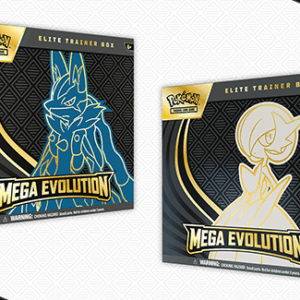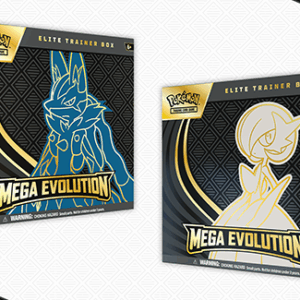In an unexpected twist, Industrial Inspection & Consulting has rolled out a pioneering service that allows for CT scanning of sealed packs of trading cards for a fee of $75. Initially intended to showcase the precision of their CT scanning technology, the service has now become a trending topic within the collecting community.
Recently, Industrial Inspection garnered attention by CT scanning a sealed pack of Pokémon cards, demonstrating the potential of their technology. Despite stating initially that they had no intentions of delving into a card scanning service, the company made a sudden pivot this week, adding trading cards to their CT scanning repertoire.
The Service
For a payment of $75, Industrial Inspection will perform CT scans on sealed packs of trading cards and furnish the requisite viewing program for analyzing the contents. There are plans to expand this service to encompass sealed boxes as early as this week.
Industry Reactions
The response from the collecting community towards this technological innovation has been mixed. A source within the industry expressed doubts about the widespread acceptance of the service, suggesting that its impact may be confined to high-end products. Moreover, there are concerns about whether collectors will be able to interpret the scans effectively without prior experience.
Keith Irwin, the general manager of Industrial Inspection, disclosed that the company received ten requests to scan packs within the first two hours of posting their initial case study on YouTube. Subsequently, traffic to their website surged by over 17,000 percent.
“We received a lot of interest,” Irwin shared. “Not just from individuals and collectors, but also from auction houses. It seems like everyone is both upset and eager to participate. If we don’t offer this service, someone else will.”
Irwin refrained from divulging further details due to non-disclosure agreements but mentioned that most inquiries were about the technology’s capabilities. Speculation is rife that group breakers might leverage this technology to identify and retain the best boxes, while others are contemplating its use for authenticating sealed vintage boxes.
Community Concerns
The collecting community is apprehensive about the repercussions of this innovation. Prior to the recent case studies, many collectors were unaware of the application of X-ray technology in this manner. The ability to scan packs for $75 has sparked significant discussions in the community.
A sizable segment of the community has criticized the practice, but Irwin and Industrial Inspection maintain that it is crucial to make the service accessible to all, not just exclusive to high-end collectors.
“Our aim is to offer this service to everyone,” Irwin emphasized. “We want to be the positive force in something that is here to stay. If we do not provide this service, others might, potentially in less ethical ways.”
Ethical Considerations
The introduction of this service raises numerous ethical and moral dilemmas. Collaborating with auction houses or authenticators could be perceived as beneficial, but there is also a risk of restricting access for individual collectors looking to authenticate their collections. It is a challenge to distinguish between positive and negative applications of this technology.
The potential impact on the secondary market, especially for high-end products, is substantial. While scanning packs or boxes of lower-tier products may not be cost-effective, for vintage sports cards, early Pokémon releases, and high-end ultra-modern sets, the technology could be revolutionary.
It remains uncertain whether major trading card manufacturers are taking measures to safeguard customers. Attempts to reach out to Panini America, Topps, and Upper Deck for comments were unsuccessful.
Future of Card Scanning
Irwin suggested that Industrial Inspection could thrive without the card scanning service, but it does present a profitable revenue stream. A potential solution for card manufacturers could involve using dosimeter stickers that change color upon exposure to radiation, to indicate if a box has been scanned.
Currently, Industrial Inspection plans to proceed with scanning packs and potentially expanding to boxes. They may also cater to collectors who wish to have encapsulated sealed packs scanned before opening them.
Regardless of the services offered, the ethical and moral implications will persist as a significant concern for Industrial Inspection. The company’s website acknowledges the dilemma, stating, “Pandora’s box is open,” a sentiment echoed by collectors.
“We have clearly struck a chord within the community,” Irwin reflected. “People have centered their lives around these industries, prompting us to question whether we made the right decision. However, if we had not revealed this service, people might resort to covert methods. We find ourselves in a position where inaction is wrong, but action is also viewed as questionable.”






